Estimated reading time: 2 minutes
It may be the Big 5 you've come for but central to the success of your African safari are the people who will make it happen - the safari guides.
Your guide will form the most important part of your safari. His (or her!) knowledge of the destination you're visiting and wildlife you see will make your experience complete but what exactly is a guide? Is it the same as your driver? Can they be the same? And who is the guy sitting at the front of the 4X4 on a bucket seat?
Lodge Guides & Trackers
If your safari itinerary involves hopping from one lodge to another, then you'll be heading out on drives in a specially adapted 4X4 game viewing vehicle. At the wheel will be your safari guide.
Resident at the lodge you're staying at, these highly trained, conservation-minded guides have an intimate knowledge of their area and its wildlife. These are the guys who know where the wild dog pack has their den or where a pride of lions pulled down a buffalo yesterday, and they also radio in sightings for other guests to share. You'll usually have the same guide throughout your stay and at many lodges you'll share the dinner table - and its conversation - with them.
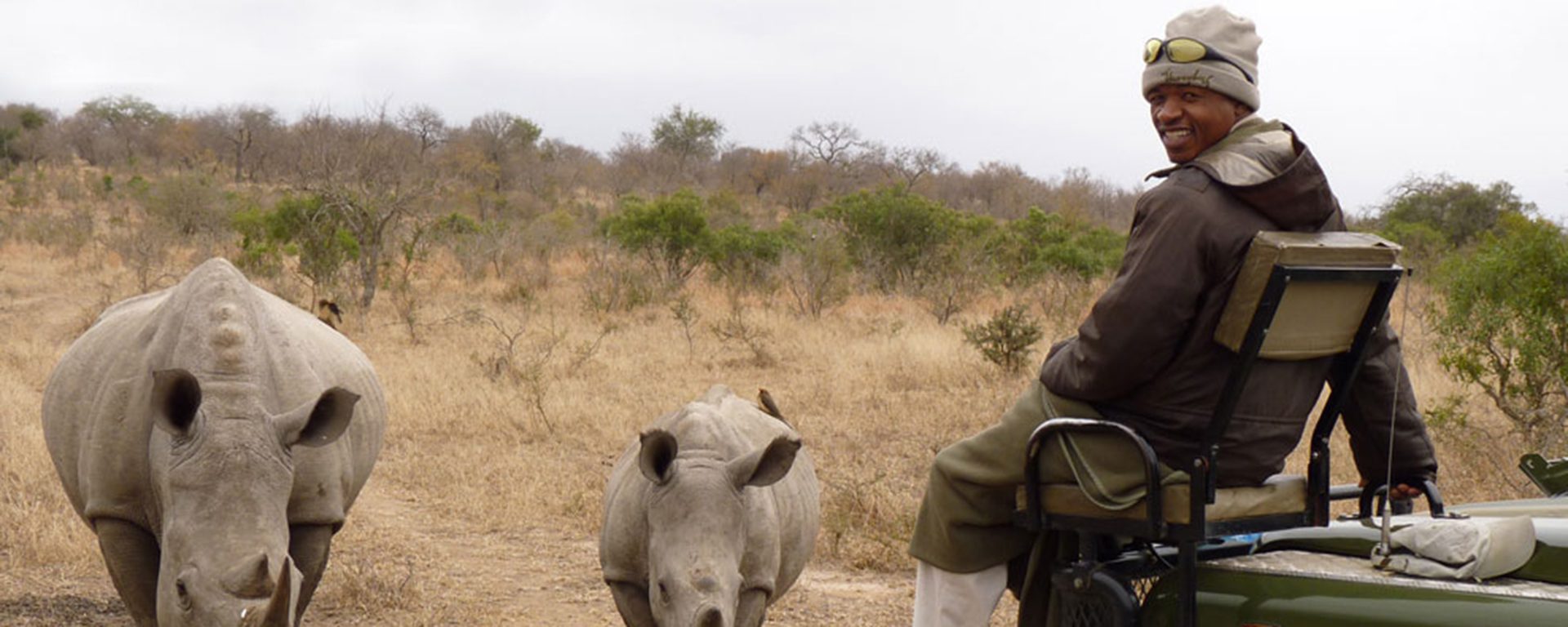
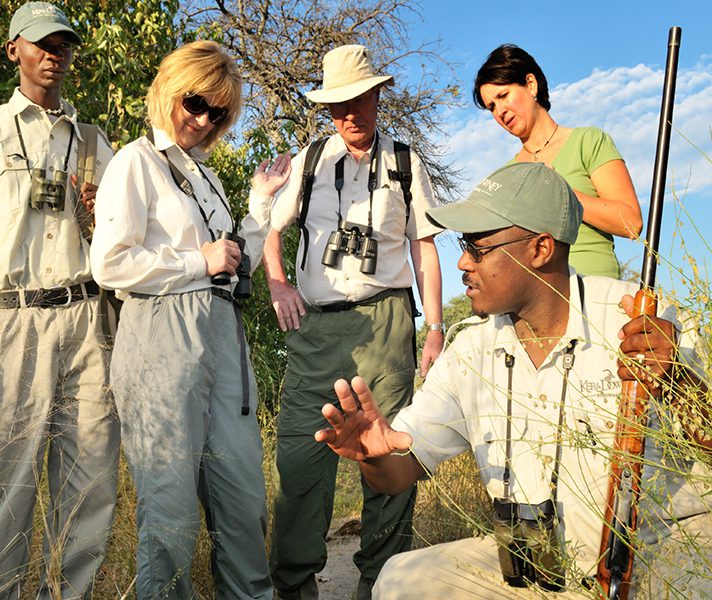
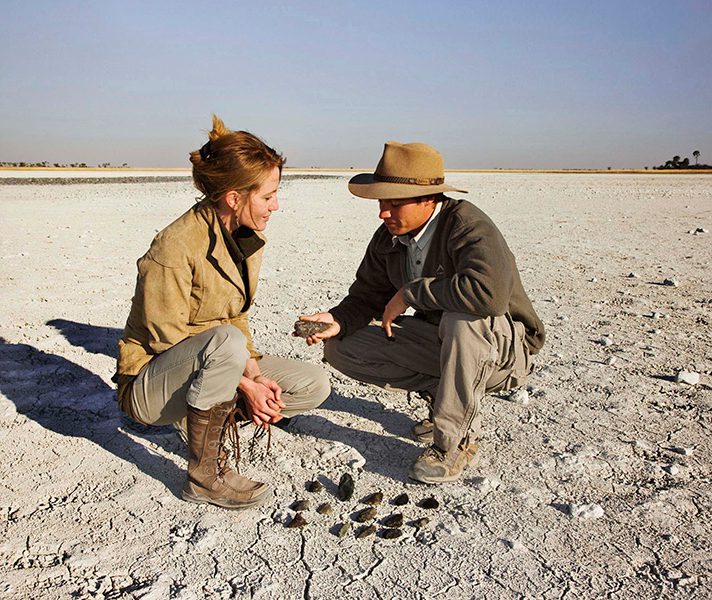
The game viewing experience is often enhanced by the presence of a tracker, perched on a somewhat exposed seat on the front of the 4X4. Showing remarkable skill in following animal tracks, these sharp-eyed guides are used in South Africa’s private Kruger, KwaZulu-Natal and Eastern Cape reserves as well as a handful of concessions in Botswana.
Many lodges have their own resident wildlife experts; they have an in-depth knowledge of the local environment and evening lectures are often part of the experience. Lodge guides also offer guided nature walks and visits to local communities, often their own.
Drivers & Guides
Mobile safaris on the other hand use a different kind of Africa safari guide. Whether you’re on a scheduled mini bus tour of Kenya’s parks or a rugged camping expedition in Botswana, you’ll be in the safe hands of a driver/guide. Professionally accredited, driver/guides take care of everything: driving you from place to place; ensuring camps are set up and meals prepared; leading game drives and dealing with problems.
Large camping operations require more support so you can expect a small camp staff – maybe a cook and a camp assistant – while luxurious, Hemingway-style mobile camps often feature butlers and housekeepers as well.
Specialist Guides
Brimming with a passionate knowledge about specific destinations, specialist guides are great for day trips and special interests. Whether it’s a tour of KwaZulu-Natal’s evocative Battlefields region, a botanical hike up Table Mountain or bird watching in the Okavango Delta, there’ll be a specialist guide available but you’ll need to book one in advance as availability is often an issue.
Moreover, many lodges boast a ‘bird guy’ or ‘big cat’ specialist – ask your consultant beforehand to ask whether there is a certain lodge guide that you should team up with for your specific interests.
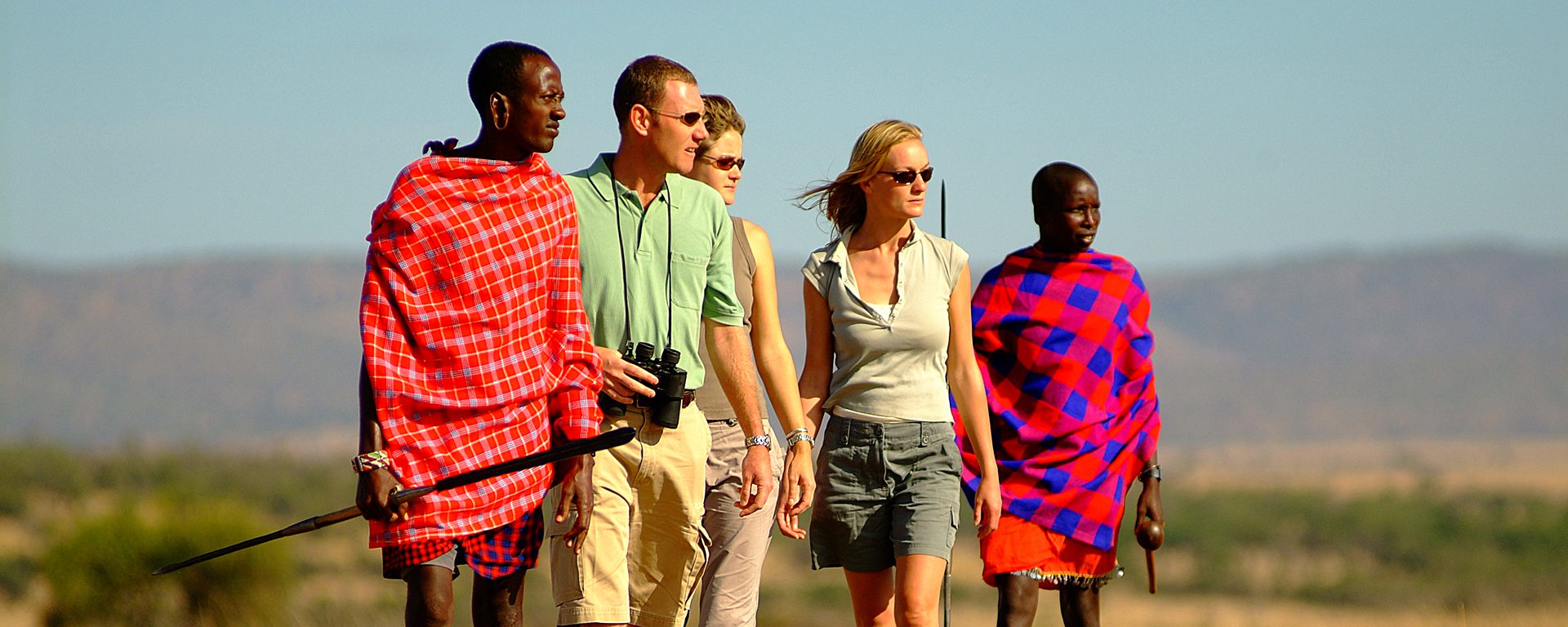
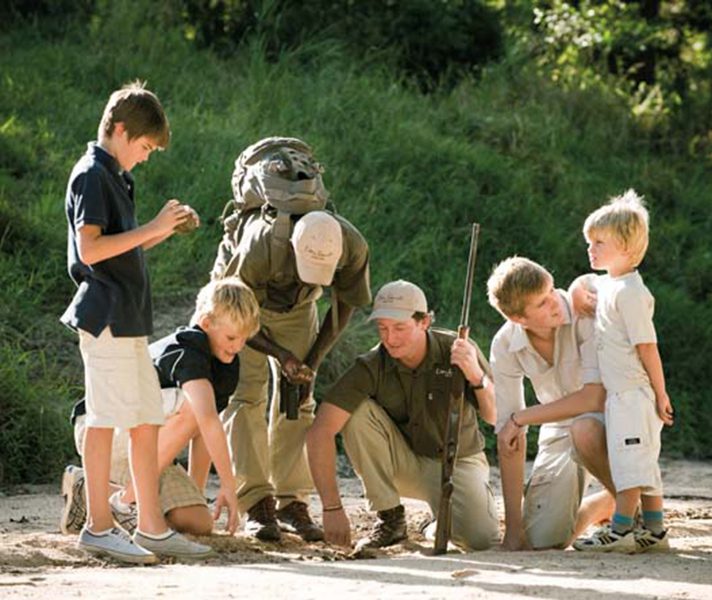
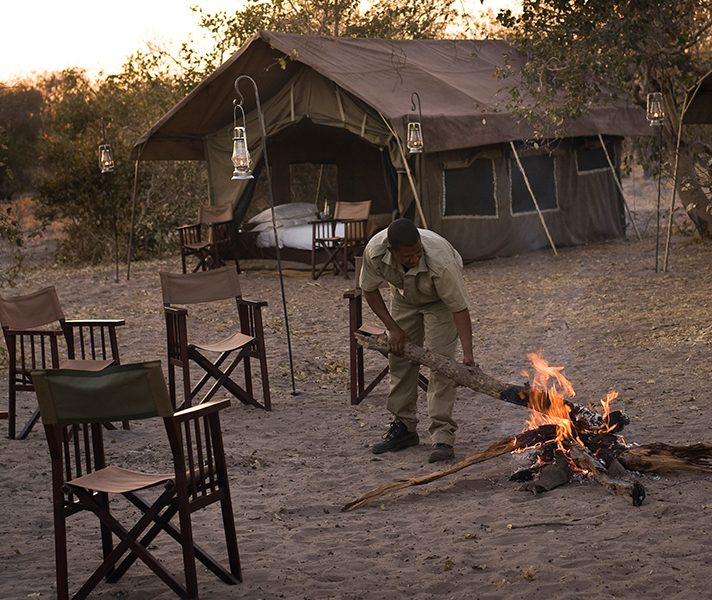
Transfer Drivers
Perhaps the first person you meet on your African safari will be your transfer driver, responsible for driving you from A to B – usually from an airport to your accommodation or vice versa.
Equipped with a good knowledge of local roads he or she will drive you safely to your destination. Many have a good knowledge of the area and its wildlife and so on longer transfers to game reserves can help spot animals for you.
Tipping your safari guide
Tipping your safari guide is usually considered customary in Africa but is always at your discretion. It is a delicate and sensitive issue and many people look for tipping guidelines. Here’s what we suggest.
Transfer drivers: USD 2 -5 per transfer
Lodge guides: USD 10 – 20 per couple per day
Trackers: USD 5 – 10 per couple per day
Driver and tracker: USD 15 – 20 per couple per day (give the tip to the driver who will then split it)
Driver/guides & specialist guides: around USD 50 per couple per day
Lodge staff: the easiest way to tip the lodge’s cooks, housekeepers and porters is to use the staff tipping box – the contents of which are shared – at the end of your stay. Work on USD 10 per person per day. If there is someone who has really stood out and provided excellent service, you may want to tip him or her separately – simply put your tip in an envelope with the person’s name on it or pass it on via the camp manager.
Note that at some camps a butler service is provided. Should you wish to tip your butler separately, work on between 5 and 15 dollars per day.
